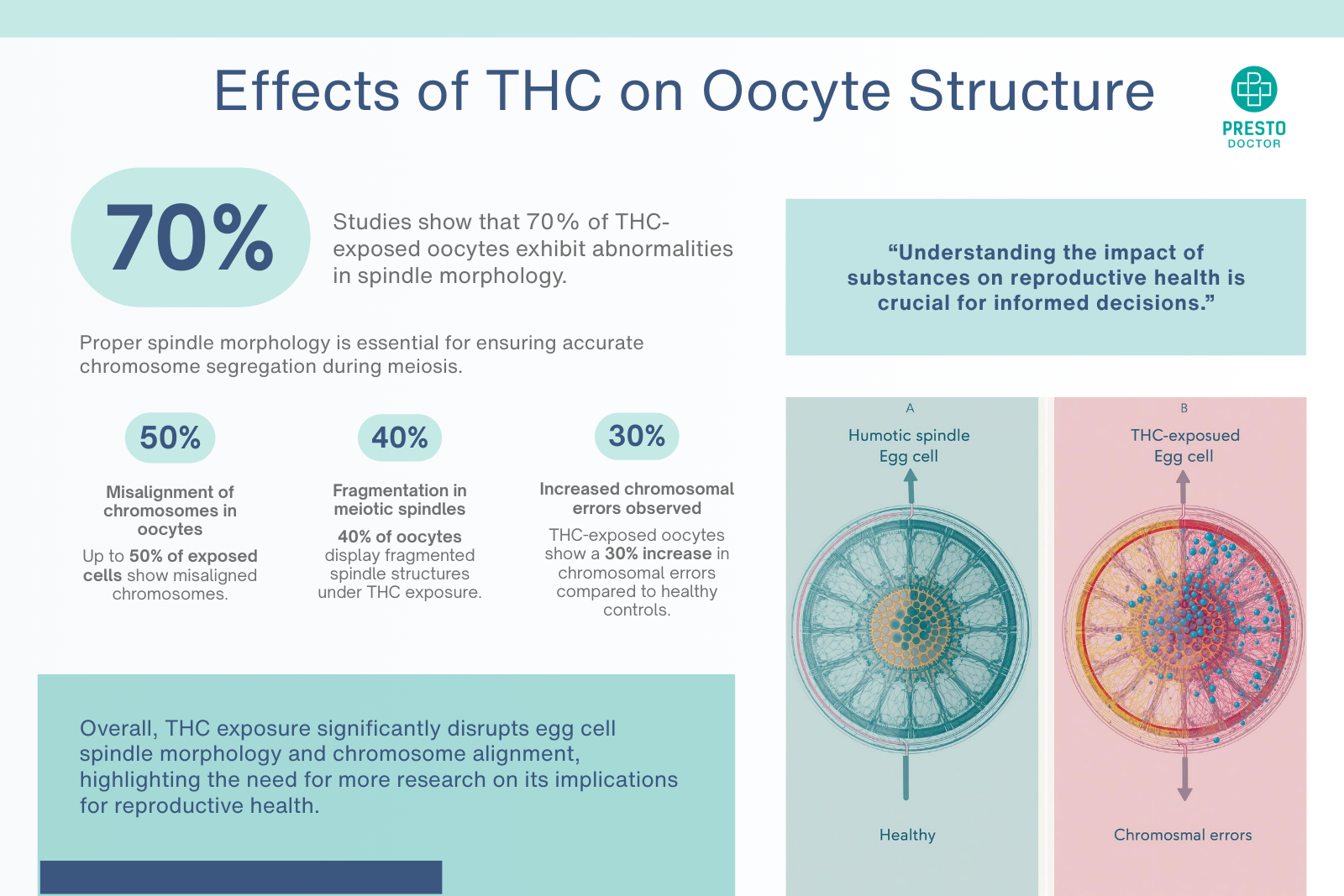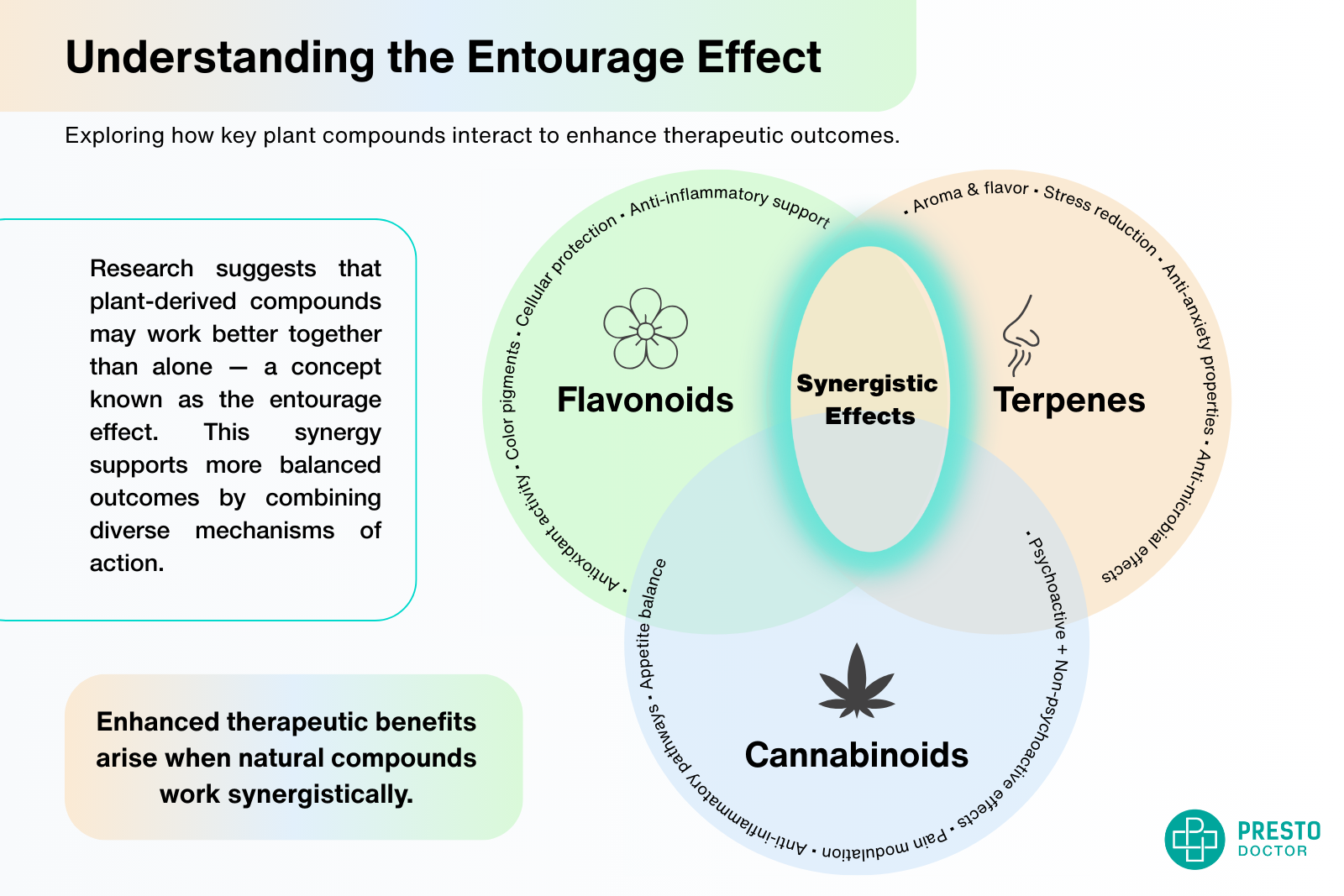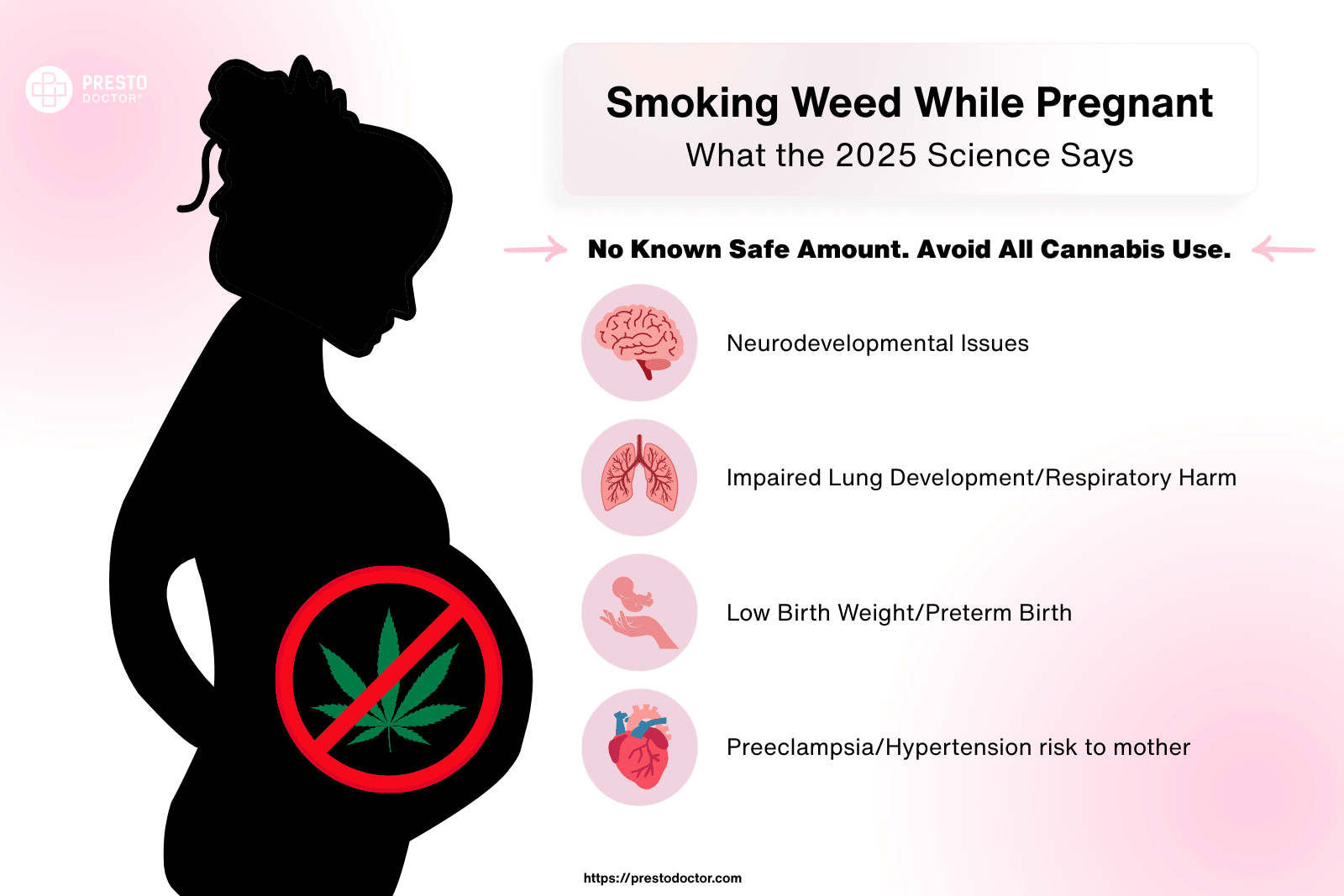
Cannabis poisoning refers to the excessive consumption or accidental ingestion of cannabis, resulting in adverse effects. It occurs when an individual consumes a larger amount of cannabis than their body can handle, leading to symptoms of intoxication.
What Causes Cannabis Poisoning
Cannabis poisoning is caused by the consumption of a larger amount of cannabis than the body can handle. This can occur due to the increased potency of cannabis products or the lack of awareness about appropriate dosages. It is important to note that marijuana poisoning is not a direct result of the plant itself but rather the excessive consumption of it.
Symptoms of Cannabis Poisoning
Symptoms of cannabis poisoning can vary and may include anxiety, paranoia, rapid heart rate, increased blood pressure, impaired coordination, confusion, and hallucinations. It can also cause dry mouth, red eyes, and an increased appetite. These symptoms are usually temporary and subside within a few hours.
Effects and Risks
Cannabis use can have both short-term effects and long-term risks. In the short term, it can cause relaxation, euphoria, and an increased sense of well-being. However, it can also lead to impaired memory and concentration, decreased coordination, and an increased risk of accidents.
In the long term, regular cannabis use may lead to dependency and addiction. It can also have negative effects on mental health, such as an increased risk of developing psychosis or exacerbating existing mental health conditions. However, it is important to note that these risks are more prevalent in individuals who are predisposed to mental health issues.
Additionally, smoking cannabis can also have negative effects on respiratory health, similar to smoking tobacco. It can cause respiratory irritation and increase the risk of respiratory infections. Therefore, individuals with underlying respiratory conditions should exercise caution when using cannabis.
Overall, while cannabis can have positive effects for many individuals, it is important to be aware of the potential risks and make informed decisions based on personal health and circumstances.
Diagnosis and Treatment
How Cannabis Poisoning is Diagnosed
Diagnosing marijuana poisoning involves a thorough evaluation of an individual’s symptoms, medical history, and possible exposure to marijuana. Healthcare professionals may conduct a physical examination and order additional tests if necessary.
Treatment Options for Cannabis Poisoning
Treatment focuses on managing symptoms and ensuring the individual’s safety and comfort. In most cases, the effects of marijuana poisoning will wear off on their own with time. However, medical intervention may be required if symptoms are severe or persistent.
Supportive care such as rest, hydration, and reassurance are often the main approaches used in treatment. If necessary, healthcare providers may administer medications to manage symptoms like anxiety or nausea. Education about safe cannabis use and prevention strategies is also an essential component of treatment.
It is crucial to remember that cannabis poisoning is typically not life-threatening, and most individuals recover fully without long-term consequences. Seeking medical attention promptly and being honest with healthcare providers about cannabis use can ensure appropriate diagnosis and treatment.
Prevention
Ways to Prevent Cannabis Poisoning
To prevent cannabis poisoning, individuals should practice responsible use and adhere to dosage guidelines. It is important to start with low doses and gradually increase if needed. Educating oneself about the potential effects and risks of cannabis can help make informed decisions. It is also advisable to store cannabis products securely, away from the reach of children and pets. Lastly, seeking advice from a healthcare professional or cannabis expert can provide valuable guidance on safe usage.
The Rising Concern Among Older Adults
Recent research in Canada has highlighted a significant increase in cannabis use among older adults following the legalization of both dried cannabis flower and edibles. This rise has led to a notable increase in emergency department visits for cannabis poisoning in this demographic.
Key Findings
1. Increased Hospital Visits: The rate of emergency department visits for cannabis poisoning in older adults rose markedly during the legalization periods from October 2018 through December 2022, compared to the pre-legalization period.
2. Popularity of Edibles: Edibles, including baked goods, candies, and beverages, have become particularly popular. However, many older adults may not fully understand the potency of modern cannabis products.
3. Health Effects: Symptoms of marijuana poisoning can include confusion, psychosis, anxiety, panic attacks, rapid heartbeat, chest pain, nausea, and vomiting. These effects can be particularly severe in older adults due to age-related changes in drug metabolism and interactions with other medications.
Statistics
– Study Period: The research covered the period from January 2015 to December 2022.
– Emergency Visits: There were 2,322 recorded emergency department visits for cannabis poisoning among older adults, with an average age of 69.
– Concomitant Issues: 17% of these cases involved concurrent alcohol intoxication, 38% had cancer, and 6.5% had dementia.
Causes and Concerns
– Potency of Modern Cannabis: Today’s cannabis products can be much stronger than those used in previous decades, sometimes containing up to 30 times more THC.
– Delayed Effects of Edibles: Edibles take longer to produce effects compared to inhaled cannabis, leading some users to consume more than intended, causing overdose.
– Accidental Consumption: Some older adults unintentionally consume cannabis products, mistaking them for regular food items.
Recommendations
1. Education and Counseling: There is a need for better education on the risks and safe use of cannabis, particularly for older adults. Health care providers should discuss cannabis use openly and without judgment.
2. Product Safety: Cannabis products should be stored securely and clearly labeled to prevent accidental consumption.
3. Conservative Use: Following the mantra “Start low and go slow,” older adults should begin with low doses and gradually increase to find the minimum effective dose.
This increase in cannabis poisoning among older adults serves as a cautionary tale about the broader implications of legalizing substances without sufficient preparatory measures to ensure safe and informed use, particularly in vulnerable populations.
Myths and Facts
Common Myths About Cannabis Poisoning
– All marijuana products can cause poisoning.
– Cannabis poisoning is extremely common and happens to everyone who uses cannabis.
– Cannabis poisoning is life-threatening and always requires medical intervention.
Factual Information Debunking Misconceptions
– Cannabis poisoning is rare and typically occurs when high doses or concentrated forms of cannabis are consumed.
– Most cannabis users do not experience poisoning symptoms and can safely enjoy cannabis within recommended limits.
– Cannabis poisoning is generally self-limiting and does not pose significant long-term health risks.
Conclusion
The rarity of cannabis poisoning should alleviate concerns about its risks. With proper education and responsible use, individuals can enjoy the benefits of cannabis without worrying about overdoing it. It is essential to foster a positive understanding of cannabis and prioritize safety measures to ensure a positive and enjoyable experience for all users.
Summary of Key Points About Cannabis Poisoning
Cannabis poisoning is a rare occurrence and should not be a cause for major concern. It is important to understand that the risks associated with cannabis poisoning are minimal and can be avoided with responsible use. Educating oneself about the signs, symptoms, and treatment options can help ensure a safe and enjoyable experience with cannabis. It is crucial to prioritize safety measures and prevent accidental ingestion, especially for children and pets. By debunking common myths and promoting factual information, we can foster a positive understanding of cannabis and eliminate any unnecessary fear or stigma.
Importance of Awareness and Education
Awareness and education about marijuana poisoning are crucial in promoting safe and responsible use of cannabis. By understanding the signs, symptoms, and treatment options, individuals can make informed choices and avoid potential risks. Education also helps debunk myths and misconceptions surrounding cannabis, fostering a positive and accurate understanding of its effects. With proper knowledge, individuals can navigate their cannabis experience with confidence and minimize the likelihood of cannabis poisoning.
Frequently Asked Questions About Cannabis Poisoning
1. What is cannabis poisoning?
Cannabis poisoning occurs when a person consumes or ingests a large amount of cannabis, resulting in adverse effects on their mental and physical health.
2. Can cannabis poisoning be fatal?
While marijuana poisoning is rare, it is typically not fatal. Most symptoms gradually subside without any long-term consequences.
3. What are the common symptoms of cannabis poisoning?
Symptoms may include confusion, anxiety, increased heart rate, nausea, and hallucinations.
4. How long do the effects of cannabis poisoning last?
The effects are typically short-lived and can last from a few hours to a day, depending on the individual and the amount consumed.
5. Is there a cure for cannabis poisoning?
There is no specific cure for cannabis poisoning. Treatment focuses on managing symptoms and providing support until they resolve naturally.
6. Can accidental ingestion of cannabis lead to poisoning?
Yes, especially in children. It is important to store cannabis products securely and out of reach of children.
7. Is poisoning the same as an overdose?
Marijuana poisoning refers to adverse effects from high doses, while overdose implies a life-threatening situation.
8. Can first-time cannabis users experience poisoning?
Yes, first-time users are more susceptible due to lack of tolerance. It is crucial for beginners to start with small doses.
9. Can cannabis poisoning be prevented?
Yes, by following safe use practices, such as starting with low doses, using reputable products, and being aware of potential side effects.
10. Should I be concerned about cannabis poisoning?
While unpleasant, it is rare and temporary. By understanding the risks and practicing responsible use, concerns can be minimized.






